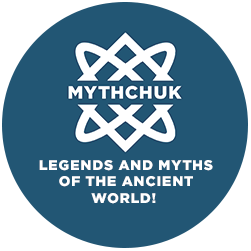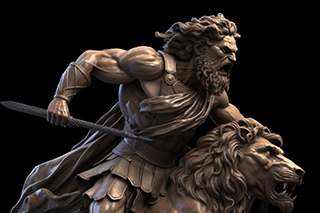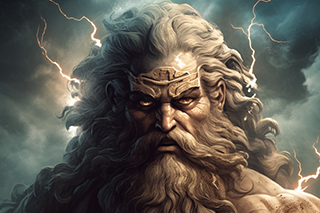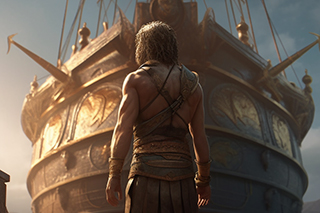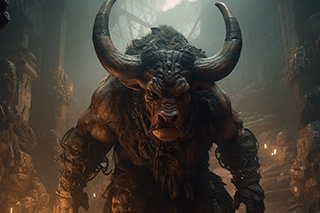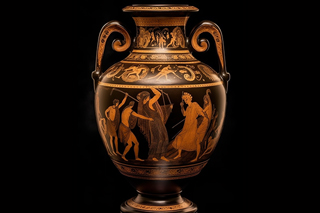Greek Mythology
- Main
- >
- Greek Mythology
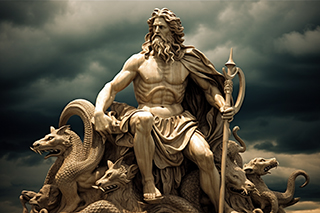 Greek Mythology
Greek MythologyGreek mythology is the product of the development of one of the world’s most ancient civilizations. It’s rightly referred to as the cradle of Western civilization. In ancient Greek myths and legends, one can trace the evolution of society, its relationship with nature, and above all, the reverence for knowledge and the arts. Greece laid the foundation for many modern sciences—logic, rhetoric, mathematics, theology, and even cosmology. And that’s only a fraction of the heritage passed down by the ancient Greeks.
The main feature of Greek mythology was the animation of natural phenomena—endowing them with a soul. These phenomena were eventually linked with gods, who took on human form. The Greeks believed everything around them was inhabited by divine beings—forests, lakes, the sky, the sea, and more.
As Greek civilization progressed, so did its gods. They became more lifelike, noble, and dignified. Their interactions with the world and with humans were passed down through myths and legends. Sometimes they were kind and just, other times harsh and vengeful—but this duality taught people the difference between good and evil, and the idea that everything is connected and has cause and consequence.
At first, the gods were fragmented and not unified. But with the rise of the Olympians, everything changed. The main pantheon became solidified and reached us in remarkable detail. Still, alongside the official religion, there existed a hidden, folk belief system based on pre-Homeric superstitions. It featured other, lesser-known gods and rituals that were practiced by the lower classes—though unfortunately, very little of this tradition has survived to our time.
Greek mythology is typically divided into three major periods:
1. The Chthonic Period
This era centered on earth-based (chthonic) deities. The Earth (chthon) was seen as an all-powerful, life-giving force. Everything from the soil—even stones—was considered sacred. People believed in gods, demons, and monsters, all imbued with divine power. This period aligned with matriarchal society, where the Earth as the mother of all things was especially venerated. The gods were perceived as indifferent, distant, and immensely powerful.
2. The Classical Olympian Period
With the rise of patriarchy came a shift in religious focus. Soulless elemental forces were replaced by gods with human features who acted as patrons of specific social groups. This period begins with tales of the Olympian gods defeating the old gods and monsters. Society began to believe these new deities were actively involved in human affairs. Zeus reigned supreme as the most powerful and mighty ruler.
3. The Late Heroic Period
As the Greek state developed and society grew more complex, darkness and cruelty crept into everyday life. People became disillusioned with the gods, blaming them for their indifference, harshness, and egoism. Attention shifted toward heroes—sometimes demi-gods, sometimes ordinary humans—who defied monsters and even the gods themselves. They represented the people's yearning for protectors, capable of standing up to any force. This period lasted until the campaigns of Alexander the Great.
